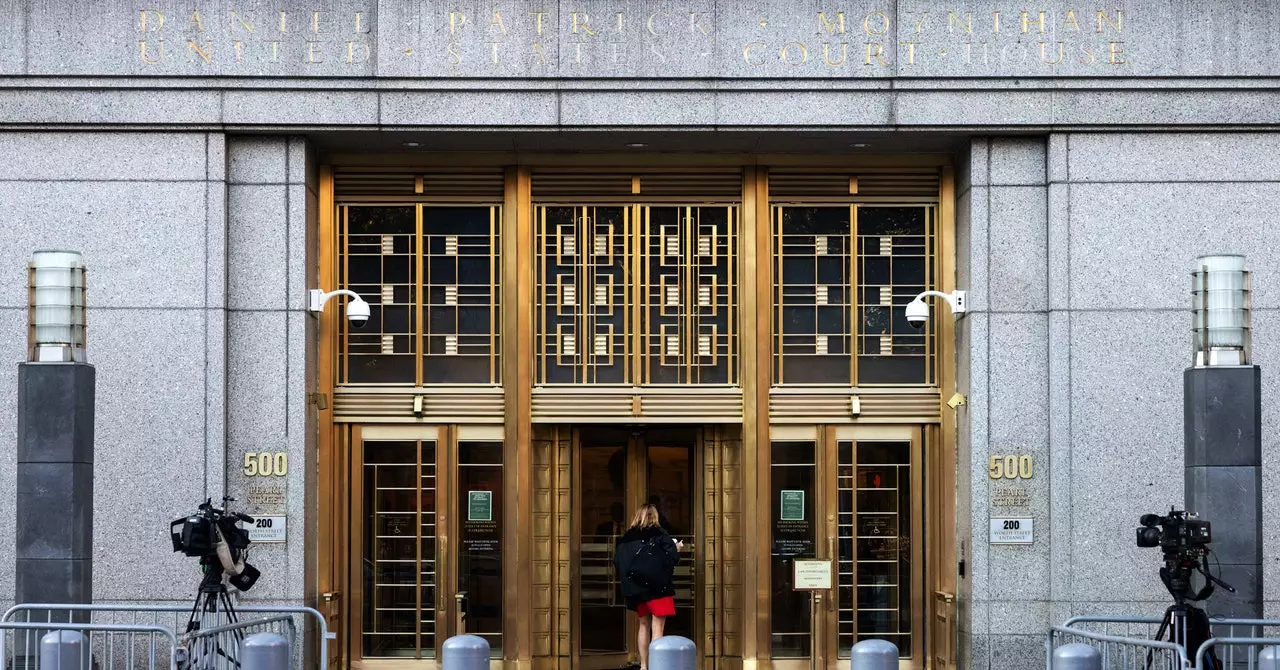In an unprecedented move, a U.S. judge has authorized the refund of billions of dollars to former clients of the distressed cryptocurrency exchange, FTX. In a recent court session held in Wilmington, Delaware, Judge John Dorsey granted final approval for FTX’s reorganization strategy, which received overwhelming support from creditors. Dorsey hailed the situation as a “model case” for navigating complicated Chapter 11 proceedings, crediting everyone involved in the negotiations for their efforts to reach a resolution.
FTX, a once-prominent player in the cryptocurrency market, filed for bankruptcy in November 2022 when it could no longer fulfill customer withdrawal requests. The shocking revelation of missing deposits—amounting to billions—came to light as the company’s founder, Sam Bankman-Fried, had diverted customer funds into risk-laden trading ventures, personal loans, high-end real estate acquisitions, political contributions, and other dubious expenditures. This unethical practice led to Bankman-Fried’s subsequent conviction on multiple charges of fraud and conspiracy, resulting in a 25-year prison sentence; his accomplice, Caroline Ellison, was also sentenced after cooperating with prosecutors.
Proposed initially in May, FTX’s bankruptcy plan sets a remarkable precedent, aiming to return not only the principal amounts to former customers but also interest—an outcome seldom witnessed in insolvencies. Yesha Yadav, a bankruptcy law expert at Vanderbilt University, remarked on this “miraculous” recovery, noting that typically, unsecured creditors see only a fraction of what they are owed. Such recoveries in typical bankruptcy scenarios are often characterized by a scarcity of available funds.
The willingness of FTX’s estate administrators to liquidate assets from both FTX Ventures, the company’s venture capital wing, and its affiliate, Alameda Research, allowed for the recovery of substantial sums. Surprisingly, a rebound in cryptocurrency prices since FTX’s initial bankruptcy filing had further inflated the value of remaining assets. As a result, the reorganization plan allocates funds to essential government entities, including the IRS and the Commodities and Futures Trading Commission (CFTC), who will defer high-value claims during this repayment process, with the IRS receiving an upfront payment of $200 million.
In an atypical twist for bankruptcy cases, even FTX equity holders—often the last to receive compensation—could recover a portion of their investments, potentially totaling up to $230 million. This fund is sourced from the financial restitution achieved by the Department of Justice through the prosecution of the company’s executives. However, this seemingly favorable outcome has not assuaged the concerns of some creditors.
They argue that they are being shortchanged because of the methodology used to assess their claims. Many customers had assets like Bitcoin stored on FTX, but due to a common practice in bankruptcies known as “dollarization,” their claims were valued based on the asset prices at the time of FTX’s collapse. With the cryptocurrency market experiencing an unprecedented surge since the bankruptcy, many believe that their claims would be worth significantly more if evaluated at the present market rates rather than those from when the company faltered. While the legalities surrounding dollarization are valid under bankruptcy laws, critics assert that portraying a recovery of over 100% for creditors is misleading and doesn’t reflect the reality of their losses.
FTX’s chaotic downfall and the subsequent recovery process are not only significant news for affected creditors but also serve as a cautionary tale for the crypto industry at large. The event has sparked renewed discussions about regulatory oversight and the need for robust consumer protections in a space often criticized for its lack of transparency and governance.
As the dust settles on this high-profile case, the implications of FTX’s bankruptcy will resonate with investors, regulators, and legal experts alike. Stakeholders will be watching closely to see how the resolution of this crisis could influence future cryptocurrency regulations and the protocols that govern digital exchanges. In this ever-evolving landscape, FTX’s story may serve as both a warning and a guide on the crucial importance of accountability in financial practices within the cryptocurrency market.

